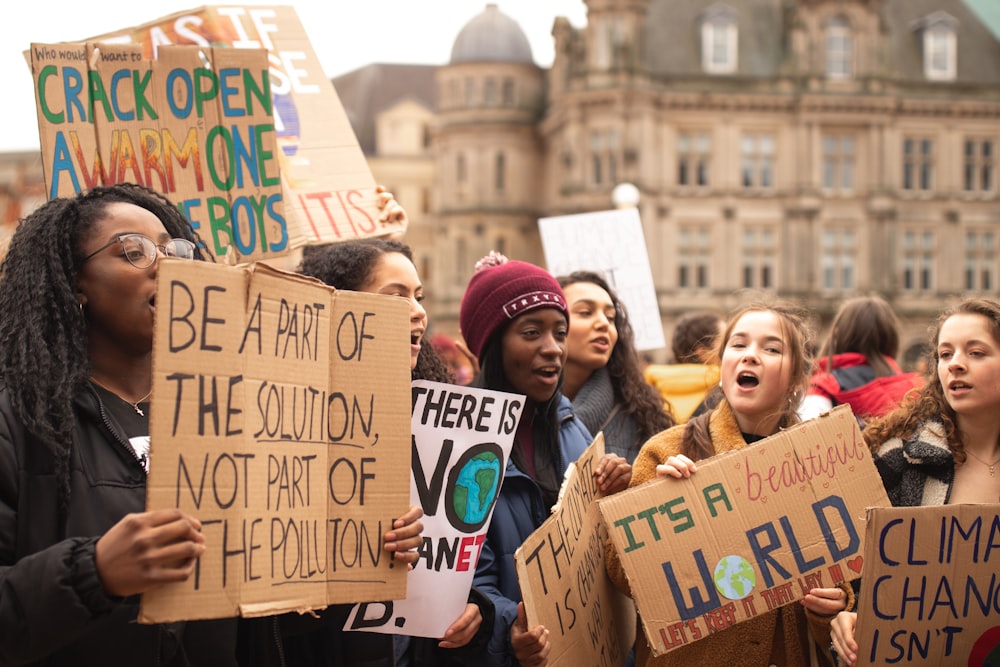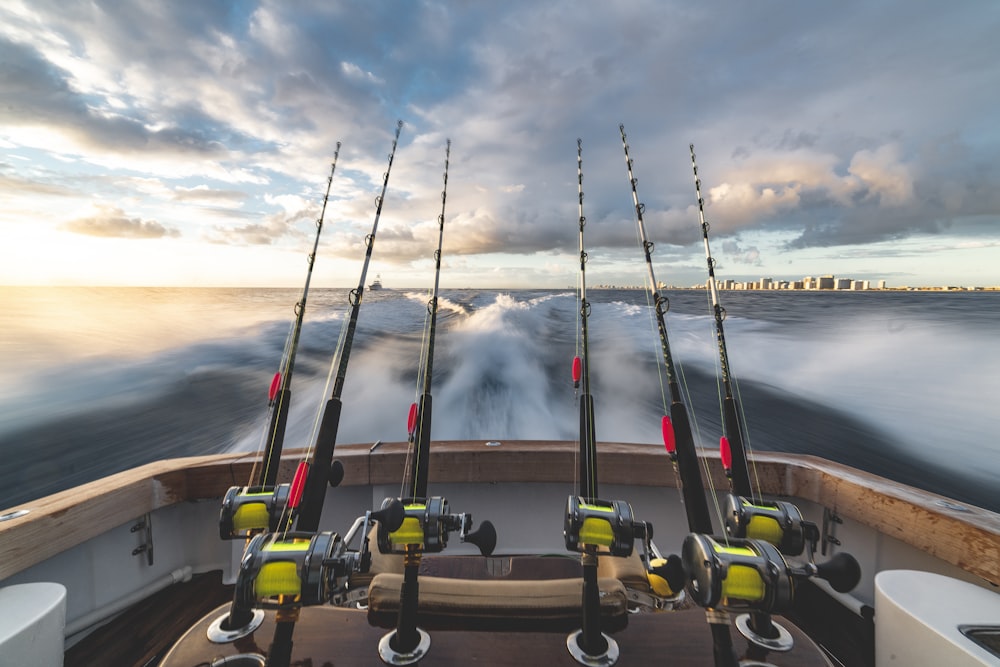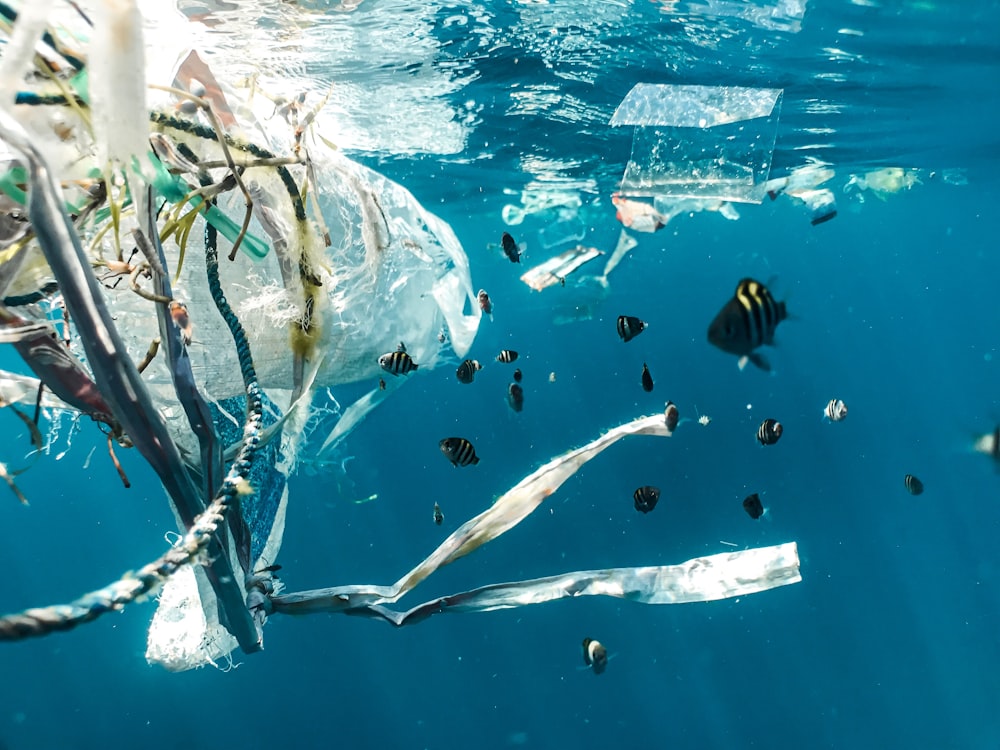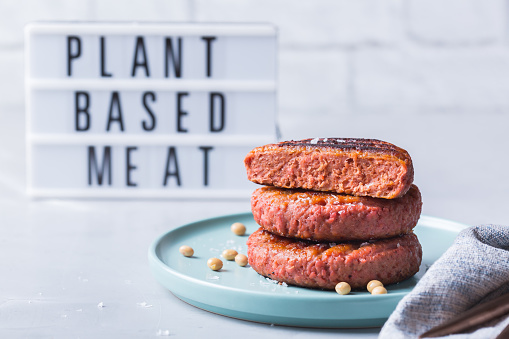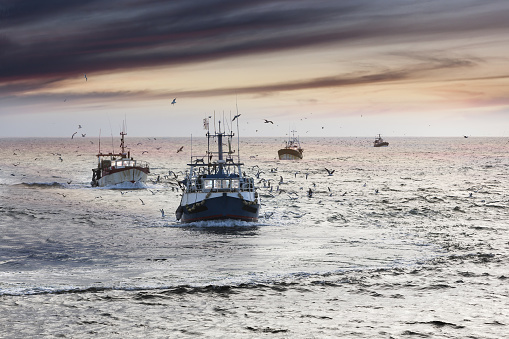The biggest threat to our oceans is ourselves…
70% of our earth’s surface is covered by water; for a healthy planet, we need healthy oceans. However, there are many challenges that pose a serious threat to the oceans, let us look at some of the challenges and what we can do to solve them.
Climate change
The amount of greenhouse gases in the atmosphere are increasing at a rapid rate due to human related activity. This is causing our earth to warm with most of the energy being absorbed into oceans. A warming ocean is dangerous for many ecosystems.
Dissolved carbon dioxide in the ocean forms carbonic acid, which corrodes the calcium carbonate shells of so many organisms that produce these as skeletons. Many coral reefs have already died because they are unable to form these skeletons that are used for protection In 2016 alone, more than 20% of coral in the Great Barrier Reef died. We face losing some of the most precious and vital habitats on earth if we fail to act urgently. With polar ice melting alarmingly fast, soon wildlife as we know it will not be able to cope and we are losing some of the most important and precious habitats on Earth.
Overfishing
More than 80% of the world’s fish species are overfished. Modern fishing practices are destructive and present a greed for profit with a disregard for long term sustainability. This has led to an uncertainty whether the oceans are able to sustain the two billion people that rely on them as a primary food source. Some fishing practices, such as trawling for prawns or other bottom-dwellers, destroy the seabed as well as having massive amounts of bycatch, which is thrown back in the ocean. These are unsustainable and unethical ways of catching food. As a result, fish stocks worldwide have plummeted.
Plastic pollution
Plastic is filling up the oceans. Plastic has been found in the most remote and deepest places as well as along coastlines and in floating heaps in every ocean. It is estimated that around 12 million tons of plastic enter the ocean each year, if we continue at this rate, by 2050 there will be more plastic than fish in the seas. Once in the ocean, plastic is eaten by marine animals, who can then die of starvation. Bigger plastics are broken down over time into tiny fragments called microplastics.
These plastics contain toxic chemicals which work their way up the food chain and cause fatal harm to the top predators- dolphins, seabirds and potentially us. 100% of sea turtles have been found to have plastic inside them and for an already endangered species, this is disastrous. We have turned the home of beautiful, innocent animals into a dumping ground for our waste.
Here are some tips and tricks so you can help our oceans:
- Change your search engine
An extremely easy change you can make is to use Ecosia as your search engine of choice. The money from advertising revenue is used to plant trees for every search you make. To date, Ecosia has planted over 55 million trees.
- Do not purchase single-use plastics
Make sure you have a reusable bag, container, and coffee cup! Avoid plastic straws, plastic cutlery and go for plastic-free cotton buds.
- Eat more plant-based food
Plants can be healthy and tasty. Cutting down the amount of meat and dairy we use is essential to make animal agriculture sustainable for our planet. Eating a more plant-based diet also allows us to avoid the negative impact eating meat has on climate change, deforestation, and water pollution.
- Buy food without packaging
Many small local shops will allow you to take your own containers and bags to refill. Even many supermarkets now sell reusable produce bags with loose fruit and vegetables.
- Buy less
Consumerism has its impact on the planet. Think about whether you need everything you buy and if you do, consider if you can get it second-hand or make it yourself.
- Invest in renewable energy and electric vehicles
To combat climate change, we must move away from fossil fuels quickly and move towards renewable energy like solar or wind.
- Reduce food waste
When food to is wasted, the carbon footprint used to produce the food is also wasted. The wasted food then goes to a landfill to decompose and produce greenhouse gases.
- Do not eat trawled or unsustainable fish
Prawns, scallops, cod, and tuna are extremely overexploited and should be avoided. MCS provides a fish guide that informs us of the affects particular fish have on the environment.
- Avoid palm oil
Palm oil is a major cause of rainforest deforestation, leading to habitat loss, soil degradation and climate change. Beware, it is in everything, from soap to Nutella.
Aliya Hussain
Community Development Assistant
aliya.hussain@groundworknottingham.org.uk

